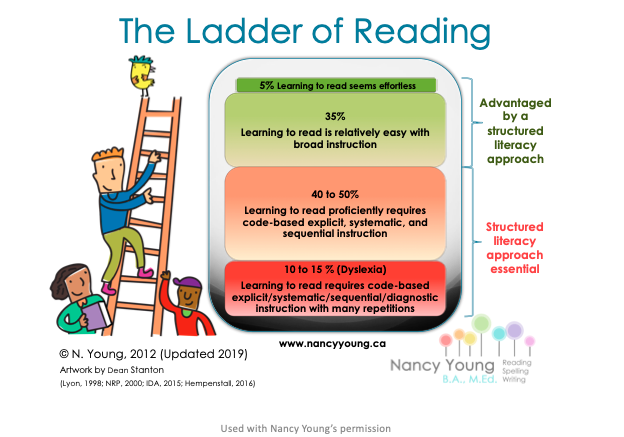2/x
3/x
4/x
5/x
6/x
7/x
8/x
9/x
10/x
11/x
news.stanford.edu/2015/05/28/rea…
12/x
13/x
14/x
15/x
16/x

17/x
18/x
19/x
20/x
But the issue is how to make sure kids are being taught to read in ways that line up w/ scientific research. If adults have to argue to make that so, then it’s an argument worth having.
21/x
22/x
23/x

26/x
27/x
28/x
29/x
30/x
31/x
32/x
33/x
34/x
35/x
36/x
37/x
38/x
thelearningspark.blogspot.com/2019/01/sink-o…
39/x
mrgmpls.wordpress.com/2018/12/16/whe…
40/X
Yet you’d be wrong. I’ve come to realize I know next to nothing.”
schoolecosystem.org/2019/08/22/lea…
41/X
fordhaminstitute.org/national/comme…
42/x
curriculummatters.org/2019/02/22/pho…
44/x
45/x
46/x
47/x
48/x
49/x
50/x







